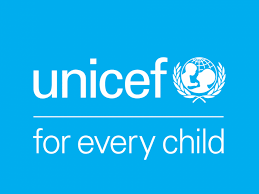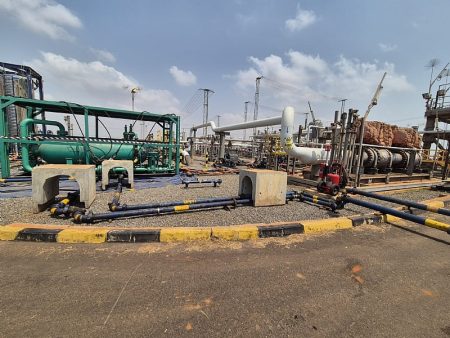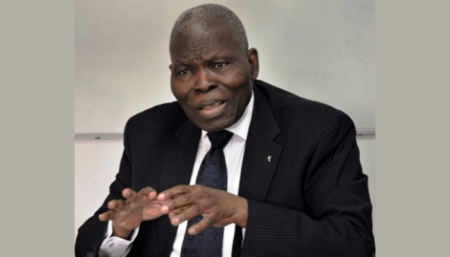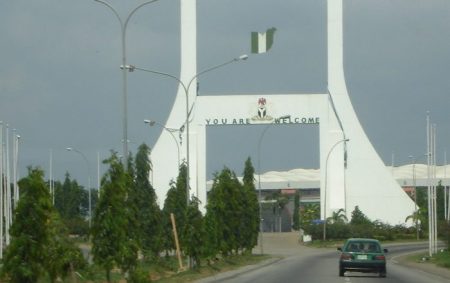Nigeria’s Removal from Aviation Leasing Blacklist: A New Dawn for the Nation’s Airline Industry
The Nigerian aviation sector has received a significant boost with the confirmation that the country has been removed from the global aviation leasing blacklist. This development, confirmed by Osita Okonkwo, the Chief Operating Officer of United Nigeria Airlines, marks a turning point for Nigerian airlines, opening up access to a wider range of aircraft leasing opportunities and potentially transforming the nation’s air travel landscape. The blacklisting, stemming from perceived high-risk factors associated with operating within Nigeria, had previously hampered airlines’ ability to acquire aircraft through leasing, a crucial avenue for fleet expansion and modernization. This positive shift is attributed to various factors, including Nigeria’s renewed commitment to international aviation regulations and its active participation in global aviation forums.
The removal of Nigeria from the blacklist translates to a more favorable risk assessment for the country, making it a more attractive prospect for aircraft lessors. While the blanket blacklisting has been lifted, individual airlines will still need to negotiate directly with lessors and meet specific requirements to secure lease agreements. This underscores the importance of individual airlines demonstrating their financial stability, operational efficiency, and adherence to international safety standards. The competitive landscape among airlines will likely intensify as they vie to secure favorable lease terms and acquire the aircraft best suited to their operational needs. The improved access to aircraft leasing is expected to lead to a more modernized and robust fleet for Nigerian airlines, ultimately benefiting passengers through increased flight availability, improved service quality, and potentially more competitive airfares.
Nigeria’s previous high-risk rating had created a significant barrier for airlines seeking to lease aircraft. Lessors were hesitant to engage with Nigerian operators due to concerns about potential payment defaults, regulatory uncertainties, and other operational challenges. This situation often forced airlines to resort to purchasing older, less fuel-efficient aircraft, impacting their profitability and competitiveness. The removal from the blacklist signifies a vote of confidence in the Nigerian aviation sector, indicating that the country has addressed the concerns of international lessors and is now considered a more reliable partner. This improved perception is expected to translate into more favorable lease terms, including lower interest rates and more flexible contract structures, ultimately reducing the cost of aircraft acquisition for Nigerian airlines.
The complexities of aircraft acquisition, particularly through dry leasing, extend beyond simple purchase agreements. Tunde Moshood, Special Adviser on Media and Communications to the Ministry of Aviation and Aerospace Development, highlighted the intricate processes and extensive documentation involved in securing an aircraft lease. This includes navigating international regulations, demonstrating compliance with safety standards, and establishing robust financial guarantees. Nigeria’s active participation in international aviation forums, such as the Boeing Lessors Forum, has played a crucial role in rebuilding trust and fostering relationships with key players in the global aviation leasing market. These platforms have provided opportunities for Nigerian officials and airline representatives to engage directly with lessors, address their concerns, and showcase the positive changes within the Nigerian aviation sector.
Nigeria’s participation in the Boeing Lessors Forum has been instrumental in showcasing the country’s commitment to international aviation best practices. The forum provided a platform for Nigeria to demonstrate its adherence to crucial agreements like the International Registry of Mobile Assets (IDERA) and the Cape Town Convention, which provide a standardized framework for aircraft leasing and asset financing. These agreements offer lessors greater security and legal recourse in case of default, mitigating their risks and encouraging engagement with Nigerian operators. By aligning itself with these international standards, Nigeria has signaled its commitment to a transparent and predictable regulatory environment, further boosting confidence among international lessors.
The improved outlook for aircraft leasing in Nigeria is further reinforced by the discussions between the Airline Operators of Nigeria (AON) and various leasing companies, signaling potential deals in the pipeline. Additionally, the Nigerian government has secured a commitment from Afreximbank to provide 25 aircraft on dry lease to African airlines, with a substantial portion allocated to Nigerian operators. This initiative provides a significant boost to the Nigerian aviation sector, facilitating fleet expansion and modernization. The collaborative efforts between the government, airline operators, and international financial institutions demonstrate a concerted approach to strengthening the Nigerian aviation industry and ensuring its long-term sustainability. The combined effect of these developments paints a promising picture for the future of air travel in Nigeria, with the potential for enhanced connectivity, improved service quality, and increased economic activity within the aviation sector.














